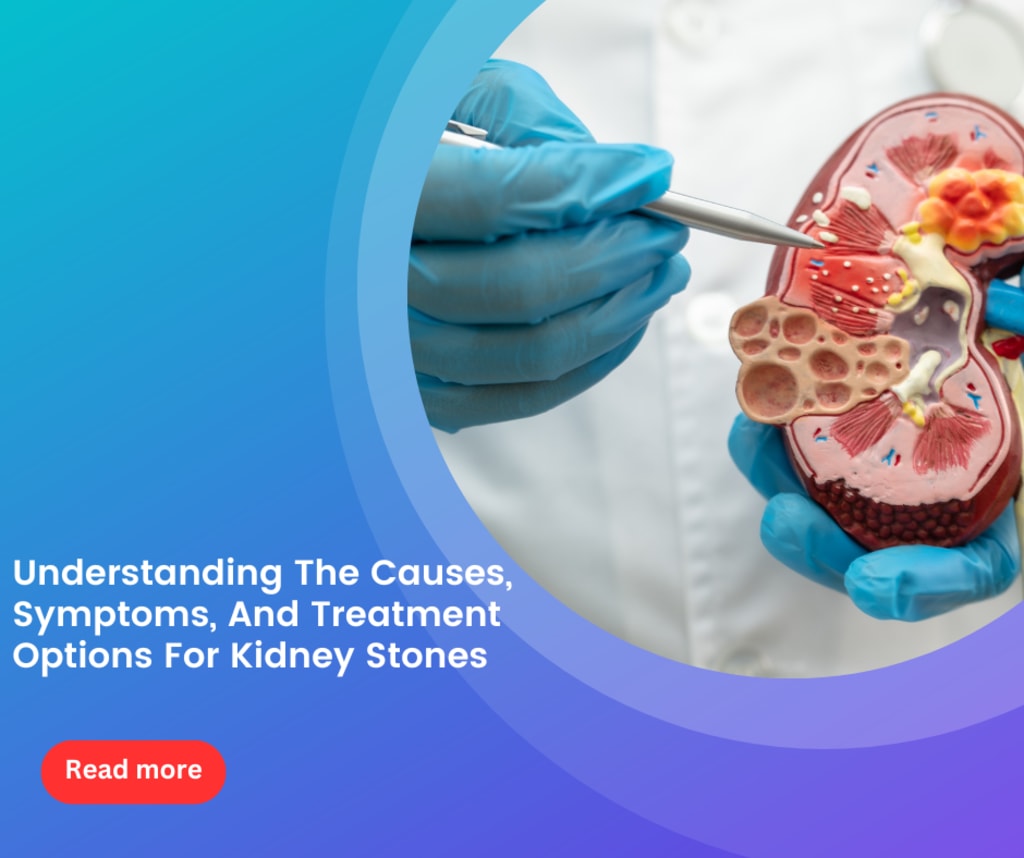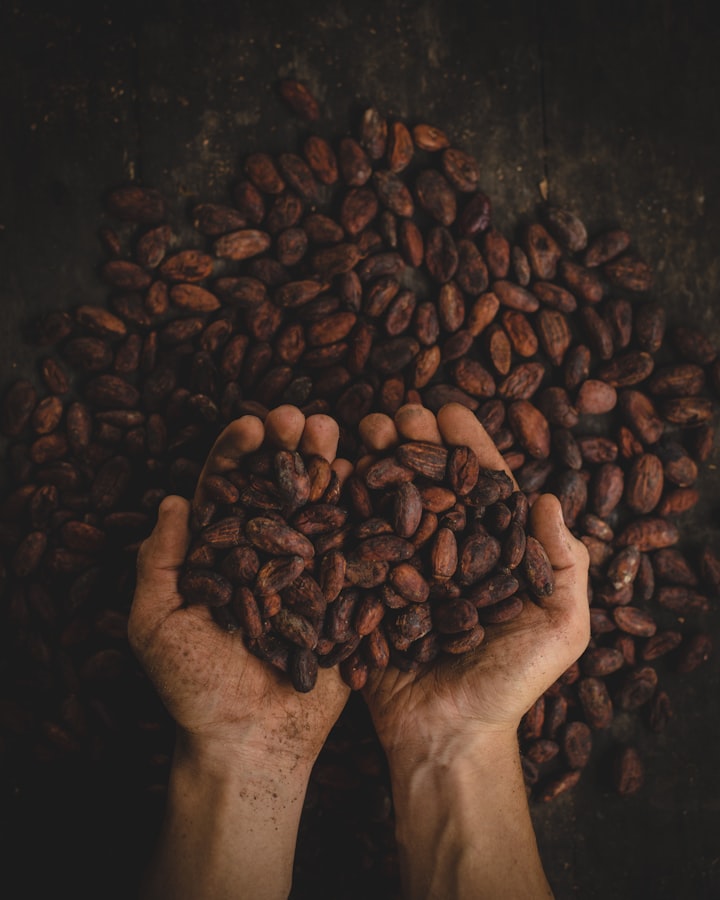
Nephrolithiasis, often known as kidney stones, is a common and painful urological ailment that affects millions of individuals worldwide. These tiny, hard deposits that develop inside the kidneys can cause agonizing pain and other problems. For both management and prevention of kidney stones, it is crucial to comprehend their causes, signs, and available treatments. The goal of this essay is to provide readers a thorough understanding of kidney stones so they may decide for themselves what is best for their kidney health. Vydehi Hospital is renowned for its state-of-the-art amenities and committed medical staff, making it one of the best hospitals in Bangalore.
Causes of Kidney Stones
Certain salts and minerals build up in the urine and crystallize to produce kidney stones. The main causes of kidney stone development include the following.
Dietary Habits: Kidney stone formation is more likely to occur when a diet is strong in salt, sugar, and animal proteins but low in fluids, fruits, and vegetables. High salt intake can increase calcium levels in the urine, which can result in the formation of stones.
Dehydration: Lack of fluid consumption causes urine volume to decrease, increasing mineral concentration and facilitating crystal formation.
Family History: An individual's risk of producing stones may rise due to a genetic propensity for kidney stone production.
Medical Conditions: A higher chance of kidney stones might result from certain medical diseases such hyperparathyroidism, gout, and urinary tract infections.
Obesity: Metabolic alterations brought on by excess body weight can encourage the production of stones.
Medications: The composition of urine can be changed by some drugs, including some diuretics and antacids, which raises the risk of kidney stones developing.
Symptoms of Kidney Stones
The symptoms of kidney stones can vary in intensity and presentation. Common symptoms include
Intense Pain: One of the most agonizing types of pain, intense pain is the primary indicator of kidney stones. Usually beginning in the back or side, the discomfort spreads to the groin and lower abdomen. It can be accompanied by nausea and vomiting and comes in waves.
Hematuria: Hematuria, sometimes known as blood in the urine, is a typical kidney stone sign. The color of the urine can be pink, red, or brown.
Urinary Urgency and Frequency: Urination might become more urgent and frequent as a result of urinary tract irritation brought on by kidney stones.
Cloudy or Foul-Smelling Urine: Urine color and odor can change as a result of an infection linked to kidney stones.
Painful Urination: The movement of a kidney stone through the urinary tract can cause discomfort or pain during urination.
Diagnosis and Evaluation
If kidney stones are suspected, medical evaluation is crucial for accurate diagnosis and appropriate management. Common diagnostic methods include
Imaging Tests: Kidney stones can be seen clearly and their location determined by X-rays, CT scans, and ultrasound imaging.
Urine Analysis: Testing urine samples can reveal the presence of blood, crystals, and other substances indicative of kidney stones.
Blood Tests: Blood tests are used to evaluate kidney function and find any underlying diseases that may be causing stone formation.
"Delve into the complexities of the human nervous system with our comprehensive guide to neurology, covering everything from brain function to cutting-edge treatments."
Therapy Alternatives
The size, nature, location, and severity of the symptoms of kidney stones all affect how they should be treated. There are numerous therapy possibilities.
Observation: Through increased fluid intake and pain control, small stones that are not causing significant discomfort or obstruction can be watched for spontaneous transit.
Medications: Alpha-blockers and painkillers can relax the muscles in the urinary tract, making it easier for tiny stones to pass through.
Extracorporeal Shock Wave Lithotripsy (ESWL): To break big stones into tiny fragments that can move more easily via the urinary tract, ESWL uses shock waves.
Ureteroscopy: In this operation, stones in the ureter or kidney are seen and removed using a tiny tube equipped with a camera.
Percutaneous Nephrolithotomy (PCNL): Large stones may require surgical removal through a small incision in the back.
Preventive Measures: A key part of preventing recurring kidney stones is changing one's lifestyle. Reduce the risk by consuming less salt and animal protein, increasing your water intake, and eating a balanced diet full of fruits and vegetables.
Prevention
Particularly for those who have had kidney stones in the past, being proactive in kidney stone prevention is crucial. Here are a few efficient preventative measures.
Hydration: A sufficient fluid intake, primarily water, aids in dilution of urine and lowers the possibility of crystal formation.
Dietary Modifications: Adopting a diet low in salt, sugar, and animal proteins while incorporating more fruits, vegetables, and whole grains can lower the risk of stone formation.
Calcium Intake: Getting enough dietary calcium can stop the gut from absorbing oxalate, which can result in the production of stones.
Limiting Oxalate-Rich Foods: Eat oxalate-rich foods in moderation, including spinach, beets, and chocolate.
Medication: When a patient has a history of recurring stones, medical professionals may occasionally recommend drugs to prevent stone formation.
Conclusion
A person's quality of life can be greatly impacted by the painful and upsetting condition of kidney stones. Achieving successful management and prevention requires a thorough understanding of the causes, symptoms, and available treatments. At Vydehi Hospital, excellence in kidney disease care is the hallmark, with a multidisciplinary approach and state-of-the-art facilities that make it a standout choice for patients." People can lower their chance of developing kidney stones and maintain excellent kidney health by adopting the proper dietary and lifestyle modifications, staying hydrated, and getting medical assistance when necessary.





Comments
There are no comments for this story
Be the first to respond and start the conversation.